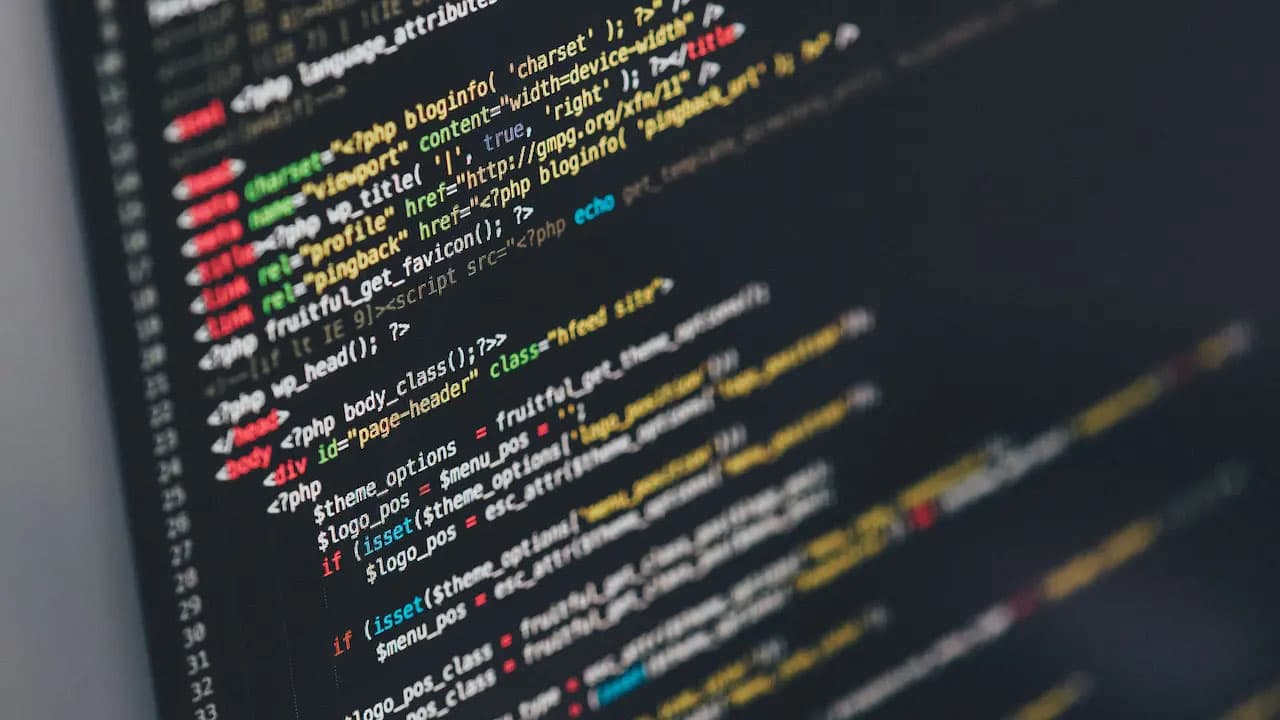ACH Payments
What are ACH payments? ACH stands for Automated Clearing House. It is an electronic network that processes a large volume of transactions in the United States. ACH serves as a digital alternative to paper checks and wire transfers, facilitating smooth and cost-effective transactions.
How ACH Works
The National Automated Clearing House Association (NACHA) oversees the ACH process, ensuring that electronic transactions follow strict standards and regulations.
ACH transactions fall into two main categories:
- ACH Credits: These transfer funds into an account. An example is when an employer directly deposits your paycheck into your bank account.
- ACH Debits: These pull funds from an account. An example is when your utility company automatically deducts your bill from your account.
Benefits of ACH
Why are ACH payments popular? Here are some key advantages:
- Cost-Efficiency: ACH fees are generally lower than those for card processing or wire transfers, making it an economical choice for both businesses and individuals.
- Convenience: You can set up recurring payments. Once established, the ACH system handles payments on schedule, helping to avoid late fees.
- Security: ACH payments use advanced encryption, making them more secure than traditional paper checks.
Processing Time
How quickly do ACH payments process? Traditionally, ACH payments can take a few business days as they are processed in batches. Recently, same-day ACH payments have been introduced for quicker transactions.
Who Uses ACH?
Who benefits from ACH? The ACH network is widely used:
- Businesses: Many companies rely on ACH to pay sellers.
- Utilities: Numerous companies prefer it for bill payments.
- Individuals: People use ACH for fund transfers, paying rent, or receiving tax refunds.
Getting Started with ACH
How do you start using ACH? Most bank accounts are already ACH-enabled. If you are a business looking to accept ACH payments, consult your bank or a payment processor. Various third-party services also facilitate ACH setups.
To initiate an ACH payment, you typically need basic information like account and routing numbers. This information directs the funds to the correct destination.
Precautions
What should you watch out for with ACH? While ACH is generally safe, no system is immune to issues.
- Share Information Safely: Always provide your banking details only to trusted entities.
- Monitor Statements: Regularly check your bank statements for unauthorized transactions.
- Timing: If you initiate a transaction late in the day, it may not process until the next business day.
The Future of ACH
ACH processes a vast number of transactions each day, making financial management easier and more secure for individuals and businesses alike. Understanding ACH payments allows you to navigate financial transactions with confidence.












